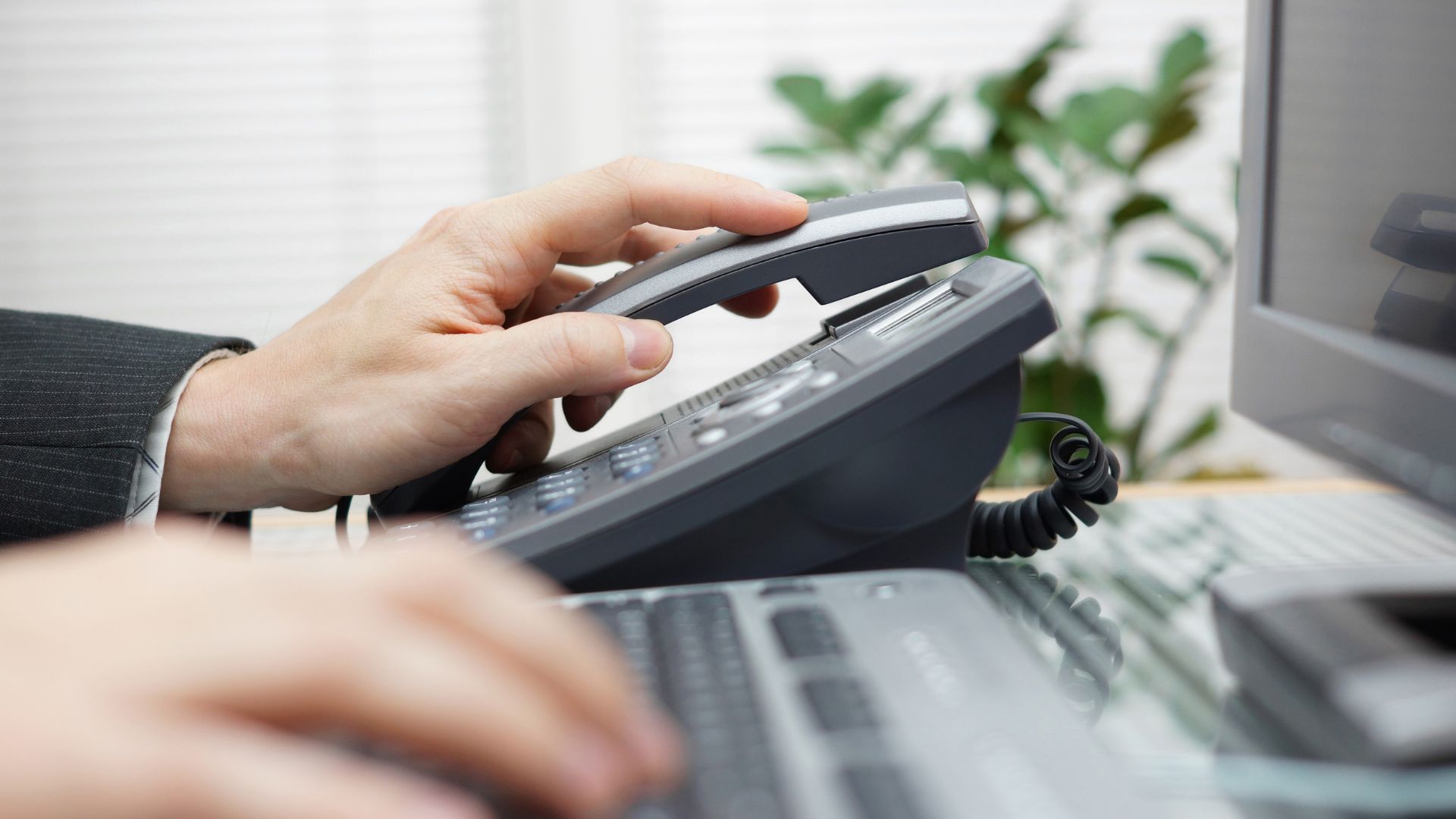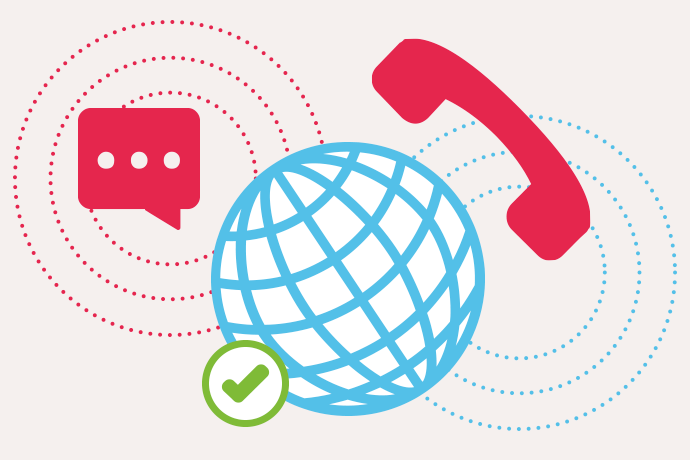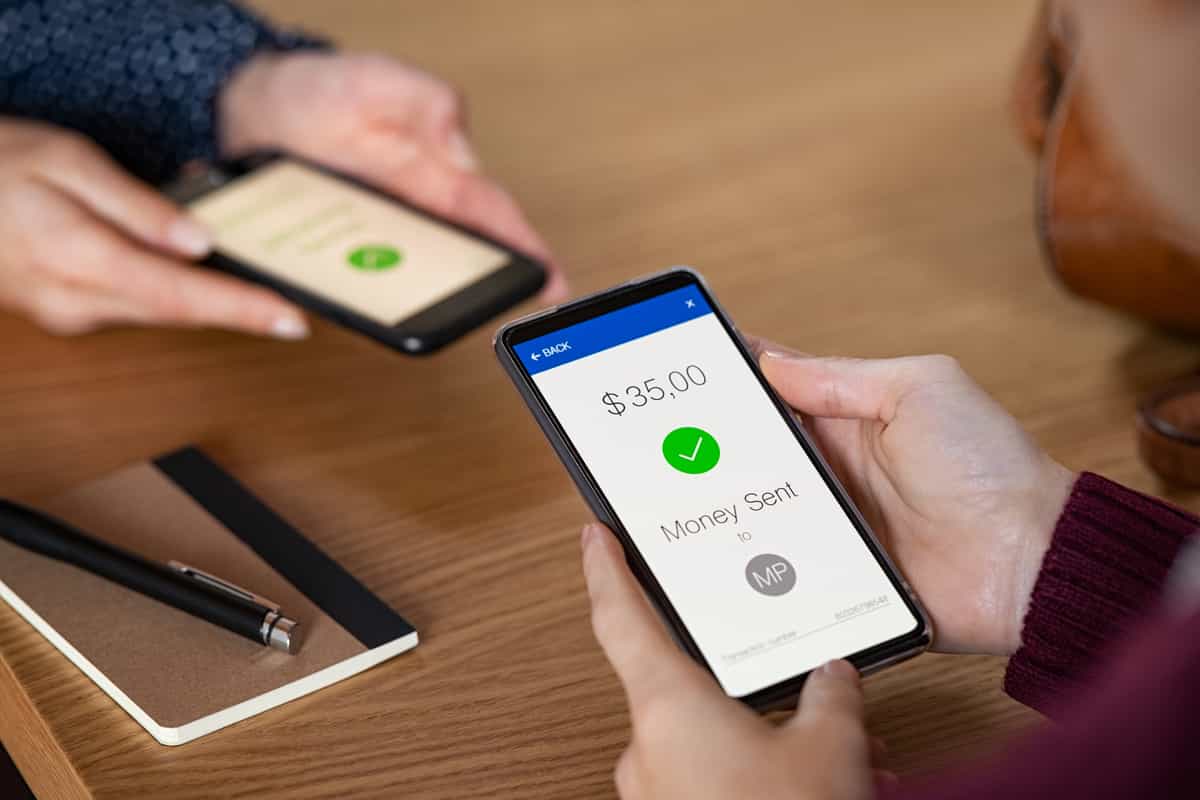Cart Total
$0.00
-
Your shopping cart is empty
Loading

Hello! Log in Your Account
New customer? Start here


|
4 min read
Contents
Quick Summary
Upgrading to a VoIP phone system? Learn how to adapt your existing hardware to VoIP.
Some businesses have long been convinced that VoIP is the future of business voice communications. However, there are a number of concerns that can keep the people in charge from pulling the trigger.
Lost investment in terms of existing hardware, for example, can be a worry. If your business has spent thousands on desk phones, it might be difficult to convince those in charge to throw out those same thousands.
Fortunately, VoIP is incredibly adaptable when it comes to a business’ needs. Here are some of the methods by which you can continue using your existing hardware with a new VoIP phone system.
VoIP adaptors are handy little devices that connect to your traditional desk phone, making it compatible with a VoIP phone system.
Obviously, a traditional analogue desk phone has no way of connecting to the internet on its own; whereas VoIP phones have an integrated LAN port by which they can connect to your network via ethernet cable, traditional desk phones have no such port. Nor do they have the internal components necessary to digitise their signal.
A VoIP adaptor performs both of these missing functions. Acting like the microfilter that sits between your phone-line socket and the ethernet cable in your home’s VDSL network setup, the adaptor carries the signal from phone-line to ethernet cable and out to the wider internet.
In the process, the adaptor also digitises the signal and compressed according to the particular transport protocols and standards used in VoIP.
In this fashion, VoIP adaptors empower you to continue using your old analogue phones even with a modern business phone system.
At a minimum of £30 per unit, however, if you’re a large business, this won’t be an altogether low-cost solution. In switching to VoIP, though, savings in other areas are significant. With VoIP, for example, there’s no need to maintain any on-site hardware, meaning you’ll save on the space and costs typically involved with caring for an on-site PBX. Monthly fees and regular call costs, too, will be significantly cheaper. Over the course of a year, this can easily add up to offset the cumulative cost of VoIP adaptors.
There’s always the chance that you want to limit, or even eliminate, your adoption of VoIP adaptors to enable the continued use of your analogue desk phones, but can’t or won’t spend even more on brand new VoIP phones for all your staff.
Fortunately, with the Yay.com VoIP apps, your staff can take and make business calls with all of the expected VoIP phone features right from their personal device. In this way, not only does your business save on the cost of new VoIP phones or adaptors for every member of staff, but there’s evidence that your staff could even become more productive.
The BYOD (bring your own device) mode of working has shown signs of improving staff morale, job satisfaction and productivity. By encouraging your employees to use ‘softphones’ rather than desk phones, you could benefit from a staff that produces more value for your customers and clients whilst saving on the cost of new hardware.
Others may be keen to upgrade and even to adopt a fleet of shiny new VoIP phones for all of their staff - if only it didn’t seem like such a gargantuan task. Luckily at Yay.com, we have many tools available to make switching over to VoIP as effortless as possible.
One such tool is our Phone Books function, whereby you can import huge lists of your existing contacts into your account and be presented with auto-generated credentials to provision new VoIP phones with these lists of contacts already installed.
If you decide not to use existing analogue phones and to invest in new VoIP phones for your staff instead, features such as these will make migrating your system infinitely easier.
If you’re looking to switch your business over to a VoIP phone system but are concerned about the cost of new hardware, you need not worry. With VoIP apps, it’s unnecessary to purchase any new hardware at all. Those who are set on continuing to use an on-site PBX can extend the life of theirs with a SIP trunk and VoIP adaptors are available for those who want to continue using old analogue phones with business VoIP. Lastly, if and when you do decide to upgrade to a full set of VoIP desk phones, migration will be effortless when you use tools like Yay.com’s Phone Books for quick and easy phone provisioning.


Explore how Skype's end-of-life announcement presents an opportunity for small businesses to upgrade their Skype number to a VoIP phone system.
Posted March 10 2025 | 5 min

Everything you need to consider when moving offices, from hardware to call quality.
Posted January 16 2025 | 6 min

Corded headsets vs wireless headsets? Learn about the key considerations when purchasing a VoIP headset for your VoIP phone system and softphone apps.
Revised December 3 2024 | 9 min

VoIP is incredibly well suited to being the phone system for businesses of all sizes. Large businesses in particular can benefit from great scalability, bulk-deployment options and more.
Revised August 21 2024 | 8 min

Examining the differences between VoIP and PSTN communications solutions and VoIP benefits.
Posted July 16 2024 | 5 min

Get your business up to speed before the PSTN and ISDN switch off in 2027. Discover what digital VoIP technologies will mean for business landlines in the future.
Revised July 15 2024 | 6 min

With the upcoming switch from PSTN to VoIP, we look at what processes other countries have taken when they decided to migrate their own copper line networks.
Posted August 1 2023 | 6 min

VoIP apps or VoIP desk phones, which is better and why? We discuss how VoIP desk phones could be obsolete with the availability of greater and more powerful VoIP apps .
Revised November 2 2022 | 7 min

Cloud VoIP phone systems offer key advantages for businesses. Here are 13 of VoIP's key benefits that have helped to drive the adoption of business VoIP.
Revised May 10 2022 | 12 min

How cost-effective is VoIP? Is VoIP secure? How fast does my Internet need to be? We answer these questions and more.
Posted January 11 2022 | 5 min

VoIP won't work without the internet, but that doesn't mean you need a wired broadband connection. A supplemental mobile cellular data network (4G, 5G, LTE) can make VoIP calls possible even if broadband is unavailable.
Posted January 11 2022 | 5 min

Offer great customer service, but do so efficiently. Automate aspects of your phone system and provide self-service information to free staff resources.
Posted September 24 2021 | 4 min

Call recording is a feature of good VoIP phone systems that allows customers to record their business calls, then playback and download them.
Posted September 17 2021 | 6 min

Large corporations have requirements that surpass the capabilities of most phone systems. With Yay.com build your ideal business phone system effortlessly.
Revised August 25 2021 | 5 min

A good business phone system will help you run day-to-day operations more efficiently and effectively. Here are 5 ways yours can improve customer satisfaction.
Posted August 19 2021 | 4 min

Features like call parking and shortcodes can boost the efficiency of your business phone system, saving your teams time.
Posted August 18 2021 | 6 min

Learn what VoIP 'QoS' or Quality of Service is and why your business network needs it configured for the best VoIP experience.
Posted March 9 2021 | 3 min

With Yay.com's free VoIP trial you can try business VoIP for free for fourteen days - no credit card required. Enjoy all of our powerful business phone system features at no cost.
Posted December 3 2020 | 4 min

Business VoIP makes it possible to work from anywhere. We'll get you up and running for working from home, no matter whether you prefer VoIP desk phones or VoIP apps.
Posted November 12 2020 | 3 min